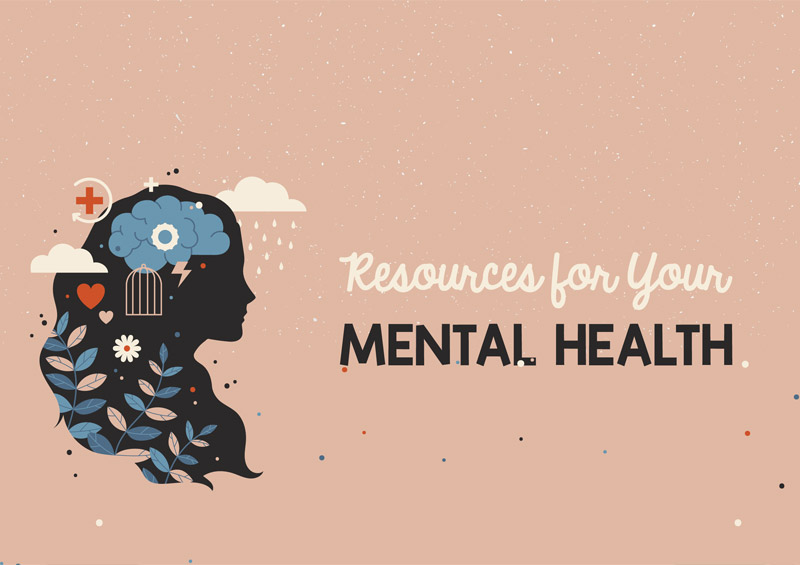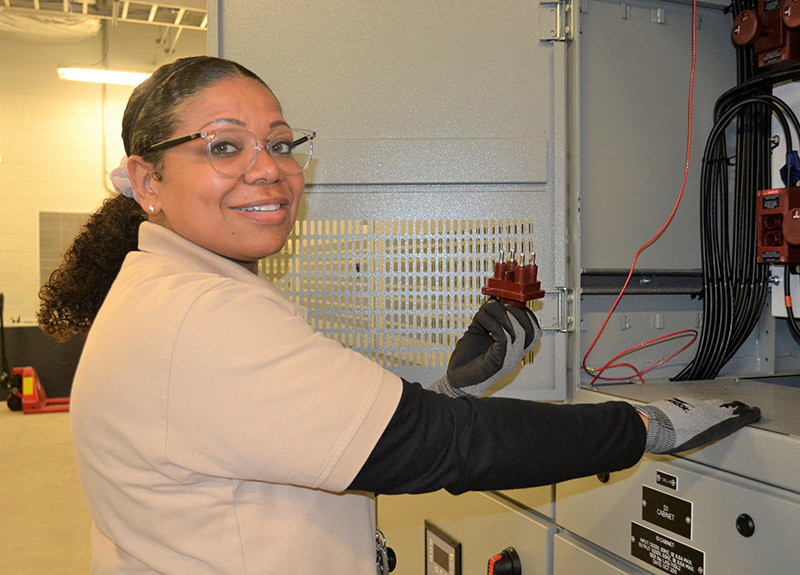Myth:
It’s impossible to get into college these days because acceptance rates are extremely low and it’s very competitive.
Reality:
There are thousands of colleges in the U.S. that accept most of the students who apply. A lot of the hype and concern about low acceptance rates is because students are focused on a very small number of universities that have high rankings. You’ll see below why you don’t need to focus exclusively on the top-ranked colleges.
Myth:
Only the highest-ranked universities offer a good education and career prospects.
Reality:
Most colleges, including community colleges, offer a great education and career support. Each college or university offers a different educational experience, campus culture, peer group, etc., so you should choose the list of colleges where you apply based on where you’ll thrive academically and personally. Your success during and after college is primarily based on the effort you put in and not on the “name brand” of the college you attend. To illustrate this point: Most CEOs of Fortune 100 companies didn’t attend Ivy League schools.
Myth:
I need to know what I want to major in before I apply to college.
Reality:
In general, U.S. colleges let you explore a lot of different subject areas during the first year or two, so you can figure out what you’re most interested in before you declare a major. However, there are a few exceptions: You should go into the college application process with a clear goal if you want to study in a field that is a) very popular with students (like business), b) has specific entrance requirements (such as a portfolio for art majors), c) has a very defined and specific curriculum (like engineering), or d) if you’re applying to a university that requires you to apply to a specific school/major rather than the overall university. For this reason, it’s important to do your research and make sure you know the requirements in advance. Even if you don’t need to know exactly what you want to major in or do after graduation, learning more about your aptitudes, values, and interests can help you decide what kind of college experience is a good fit for you and where you want to apply.
Myth:
I should only apply to schools that I’ve heard of or that friends/family have recommended.
Reality:
It’s important to research your options and develop a balanced and realistic list that reflects your particular academic and personal achievements, goals, and interests. Sticking only to universities that you’ve heard of or that came recommended will really limit your options.



















